South Africa
More than 80 percent of South African children around the age of 10 have trouble reading and understanding what they read at the same time, an international study released Tuesday shows.
"Unfortunately, the results show disappointing scores," said Education Minister Angie Motshekga, citing the Progress in International Reading Literacy Study (Pirls), conducted every five years since 2001.
Thus 81% of South African schoolchildren in the fourth year of primary school, i.e. around the age of ten, read with difficulty, compared to 78% five years earlier. The coronavirus pandemic has contributed to the worsening of illiteracy, she said at a conference in Pretoria.
According to the minister, in many elementary school, "reading instruction focuses solely on oral performance, neglecting reading comprehension and the meaning of written words.
And many schools in Africa's most industrialized country lack textbooks and libraries, sometimes also lacking proper infrastructure or toilets.
Thirty years after the end of apartheid, the country is still marked by the poor education long imposed on the majority black population under the segregationist regime.
Many grandparents and parents are partly illiterate and find it difficult to help their children learn to read.
South Africa is one of three countries on the continent that participated in this study, along with Morocco and Egypt, and the only one in sub-Saharan Africa.



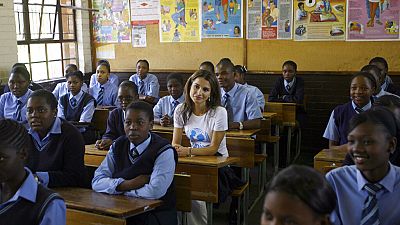

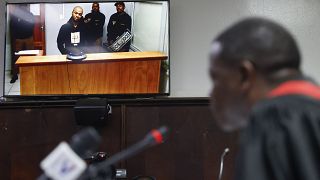
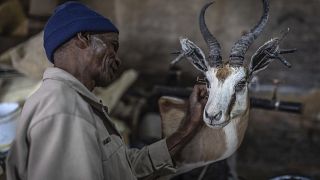
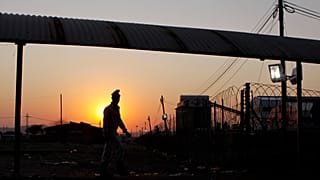
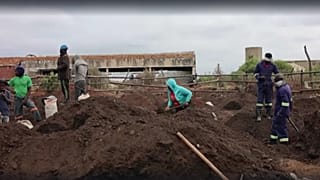
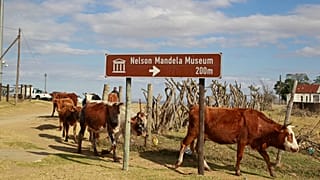
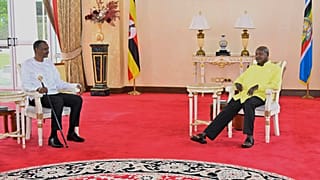
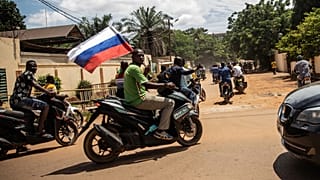
Go to video
Armed group killS 33 in fresh simultaneous attacks in Nigeria
01:14
651 arrested in Africa-wide crackdown on online scam networks
Go to video
At least 15 children killed in Sudan drone strike: UN
Go to video
UN probe finds evidence of genocide in Darfur city of El-Fasher
Go to video
Nigeria probes Temu over alleged data privacy breaches
01:50
Libya grants foreign oil companies exploration licences